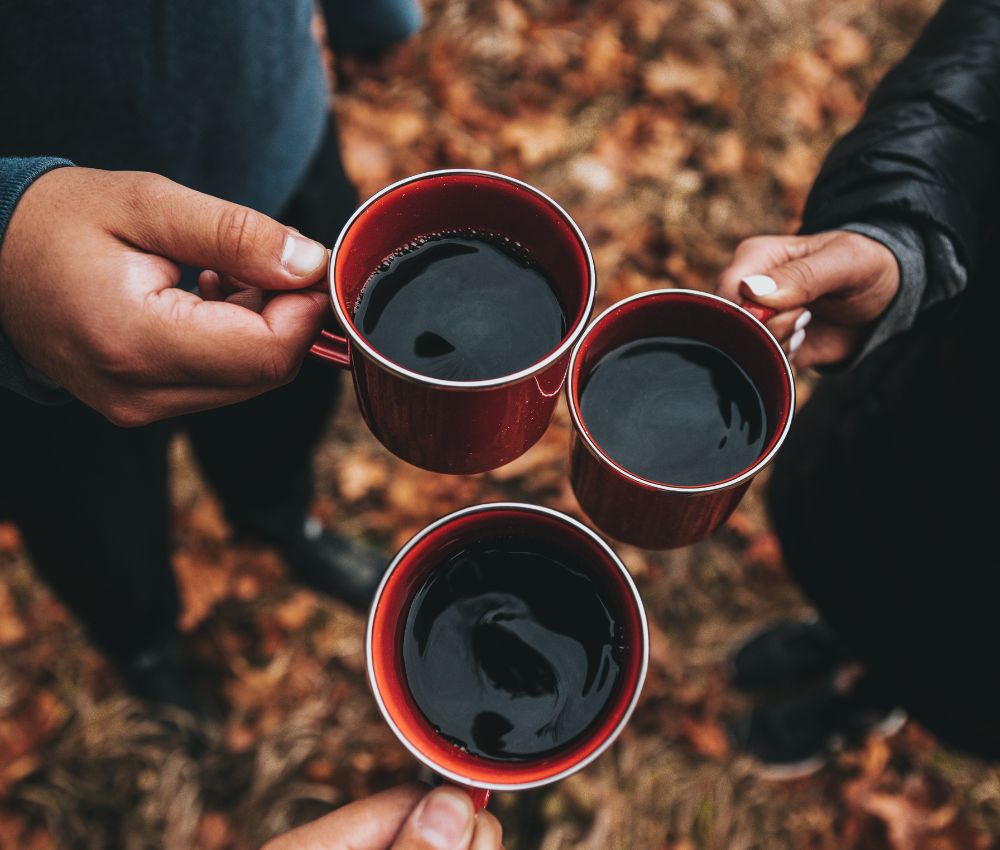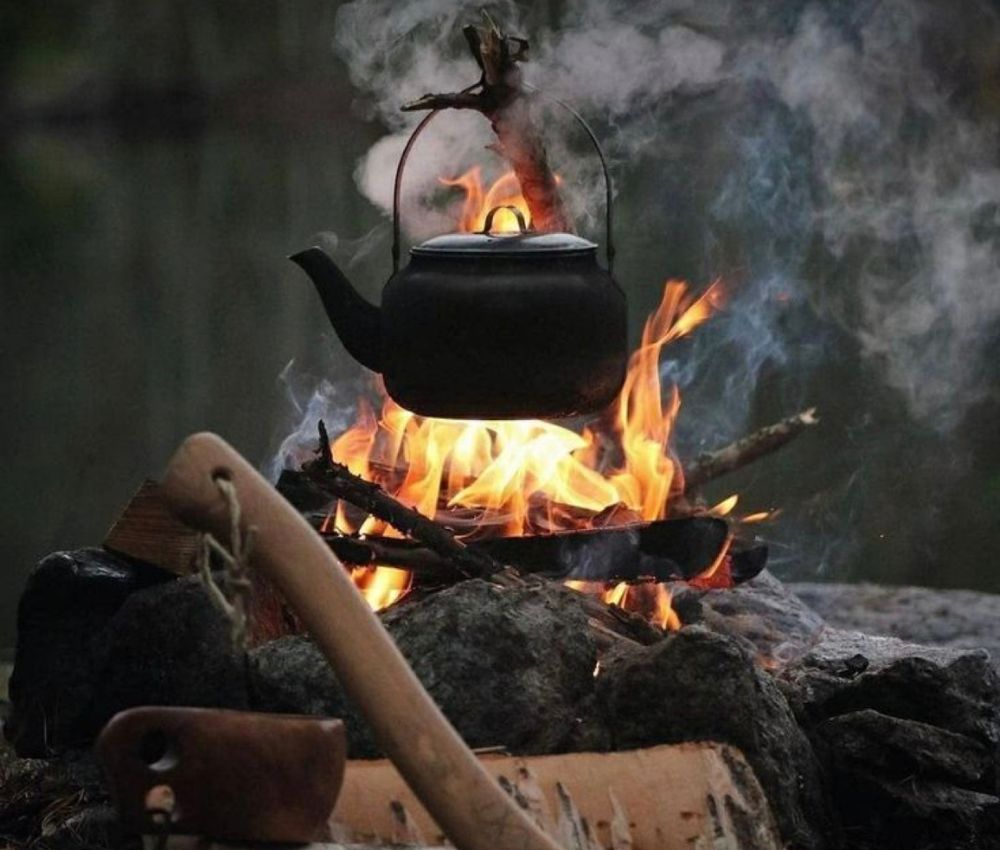Tracing the Social Impacts of Neoliberalism in Aotearoa

Fakalofalahi atu 100,000 Cups of Tea readers and members. Happy Niuean language week!
Last week’s cuppa topic was a juicy one . We were joined by one of our 2025 Walk Together System Navigator leaders who suggested a hot-topic - Neoliberalism.
Neoliberalism - What is it? And, Who Benefits?
To initiate our group discussion, a question - “[referring to neoliberalism] how can we trace it back to the start of inequality [in Aotearoa]?”. To give our participants some context, they connected major political and economic reforms of the 1980s that saw, “inequality completely rise, unemployment. Health care, education all started being gutted, things being sold off like public services. We lost a lot of our assets”. They mentioned the social expectation of, “not relying on the [welfare] state, pulling yourself up by your bootstraps” which others referred to as “individualism”.
Another cuppa friend unpacked two other key features that underpin neoliberal rhetoric namely ideas around, 1) universal equality and 2) the free market with reference to the deregulation of certain sectors. On the point of universal equality they pointed out, “it works on the premise that everyone is equal…So if you just work hard enough, you can do well, and if you aren't doing well, then it means that you're not working hard enough, or it's your own fault”. They moved on to explain this idea of the free market where, “people at the top, continue to do extremely well from neoliberalism because it removes things like regulations and protections…that have been put in place to protect people”.
One of the sociologists in the group drew connections between the previous comments and the notion of meritocracy which can shape public opinion around - “if someone is poor and they're unemployed, it's their fault whereas if someone is rich, they must have worked hard for it”. They described this as a political concept that disregards individual realities such as, social and racial disposition for example, that directly impacts one’s access to achieve certain levels of ‘success’ or wealth. Another one of our sociological thinkers added, “[within meritocracy] one assumes that everyone has equitable access to everything at the same time…for example, completely ignoring history and context”. They further expanded on meritocracy being, “a fallacy, in a way, because what people are missing is that if you're wealthy you have money and connection”.
Re-imagining a New Way of Political Leadership
It was clear that our other cuppa members were enjoying this talanoa-kōrero, with heads nodding and heart emojis being sent through as our participants shared. One of our Walk Together kaimahi prompted future-thinking with the question - “What do you envision for a different [political] state. What does it look like?
One of our self-professed feminist guests opted for a matriarchal system and reasoned that, “if we look at the animals…[their] shared care, all looking after each other, especially young and older people, just making sure that everybody has what they need”.
Another cuppa visitor was also interested in seeing a feminine system with a slightly different take on it. They explained, “it’s not about women per se, but it’s about all different genders, which is more collaborative and connected, and seeing that we're all part of a greater whole”.
Some were keen to hear from some cuppa visitors who have spent years researching social structures, political ideologies and systems. One researcher humbly shared, “I don't know what could work, or what an ideal sort of world would look like”. Evidently, this was not the answer most were expecting (as shown by certain facial expressions) however, they continued with, “I do see [a future political system] of working with the current system, and also re-indigenising parts of the existing system”.
Another thought-leader in this academic space was of a similar opinion - “I am in the same boat where it's almost hard to imagine, because it's not as if we've lived in our lifetime fully in a different system”. That being said, they reflected on their home country’s system in the U.S. and articulated their view that, “rather than sitting in one camp, it's almost like you're building a house, right? You don't just build a house with wood and just a hammer, right? You have nails, you have a saw, you have hammers, you have all these different components…So you’re not looking for one particular group, one particular person, one particular party, to fix everything”. They expanded on this idea of collective responsibility towards building an ideal future system.
One of our cuppa members contributed to this rich kōrero with their input around personal accountability and responsibility. They voiced, “it's your everyday actions that are just as important as whatever collective thing is going on”.
Drawing on Walk Together’s Mutual Ways tool, our Walk Together kaimahi noted, “it’s about the in-between space, or that mutual way space, where we can draw from all of those worlds and rebuild together by and through agreement”.
Māori Ways - Fixed and Fluid
The conversation moved towards how Māori ways have adapted in times of systemic change. One of our Māori participants shared, “we have Kawa, which is fixed and tikanga is more fluid”. They illustrated how these cultural ways can operate through social change, for example Covid-19 - “Tikanga would shift and change, ebb and flow through covid 19, but our Kawa didn't change, and we might have to adapt it or be flexible, but it'll always come back to its original root form”. Another Walk Together kaimahi commented on systems change and big-picture thinking around it and how changing a specific part of a system may require preliminary action somewhere else first. They referred to this approach as “a Walk Together way”.
Our talanoa-kōrero about neoliberalism really excited our cuppa group, whose knowledge and experiences added to a lively and informative discussion.
Nau mai haere mai, join us every Friday at 11am as we unpack another thought-provoking topic. Register here for our next cuppa.


